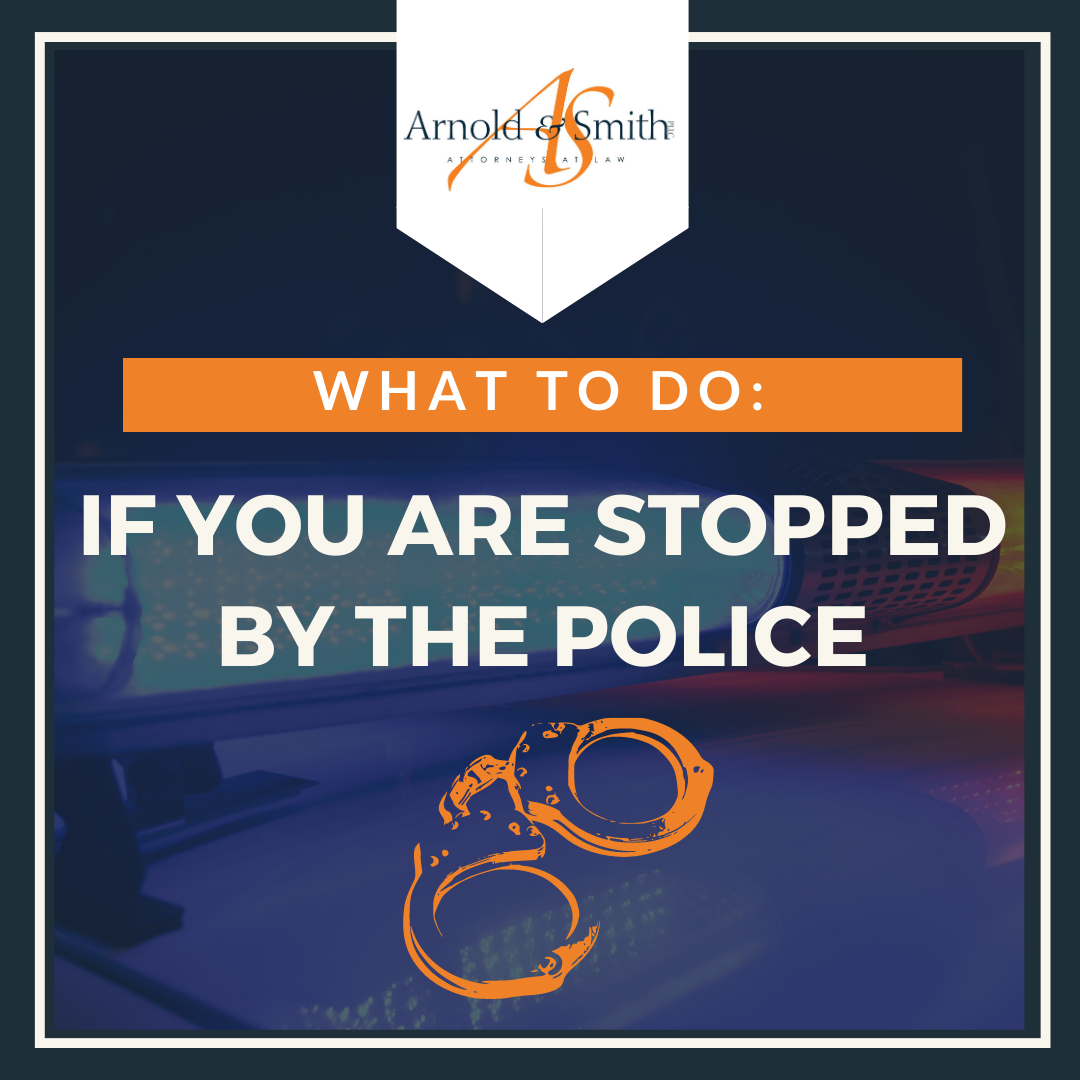 Does North Carolina Have a Stand Your Ground Law?
Does North Carolina Have a Stand Your Ground Law?
Residents have a right to defend themselves and their property. The ability to protect and defend your home has been in the news over the last decade. More and more states have enacted “stand your ground” laws to clarify your rights and provide guidance for how and when it is legal to use force to protect yourself. At least half the states have such a law on the books. North Carolina has had a “stand your ground” law in place since 2011. An experienced North Carolina criminal defense attorney will answer your questions and defend against your charges.
What Does it Mean to Stand Your Ground?
 Charlotte Criminal Lawyer Blog
Charlotte Criminal Lawyer Blog


